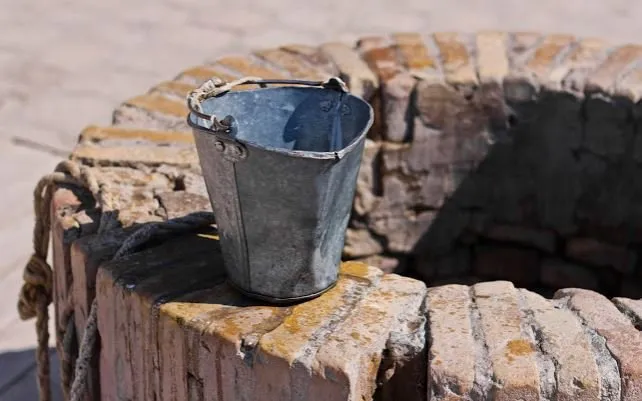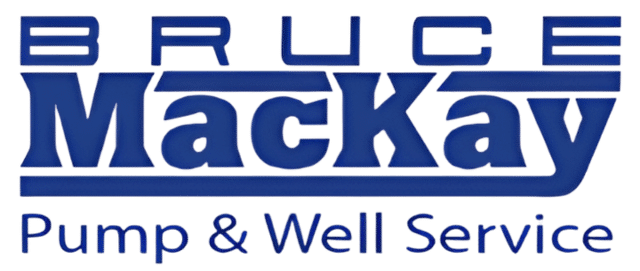
Important Things to Know Before Drilling a Well
Did you know that about 13 million households in the US get water from private wells? Private water wells provide clean water for daily use, save you money, and increase property value. But before you drill a well, you need to be adequately informed to avoid making costly mistakes. Here are the essential things you should know about private water wells.
You Should Choose the Location Carefully
The soil in your location can determine the well drilling process. If you live in a region with a high water table, the professionals can drill the well within a short time and with minimal difficulties.
However, if your area has a low water table or high amounts of silt, clay, bare bedrock, or large rocks, the drilling specialists will have to use advanced procedures. If the site is full of large rocks, the basic drilling equipment may not pass through.
If your soil contains high amounts of sand, the drilling machine can pass through, but the sand may shift back in again. Besides, sand can lower the quality of your underground water.
Therefore, the specialists might need to dig a test hole first to determine the right well type for your soil type. They will also implement treatment strategies to remove contaminants from the well water to make it safe for consumption.
You Should Test the Water Regularly
People who use water from the municipal utilities don’t have to test their water since the water service provider monitors water quality. However, if you drill a well, you need to test your water regularly.
Over time, your water may be affected by fertilizers, herbicides, pesticides, and other hazardous materials from your farm or the landfills. When these elements penetrate the ground, they contaminate the groundwater and are pumped from the water well to your faucets.
Therefore, you must test the water to determine if it has poisonous minerals. You will need to purchase commercial jars from a local laboratory, fill them with water from your tap, and submit them to the lab. You can consult your local authority office if you don’t know how to go about the testing procedure.
Moreover, the well drilling professionals might need to test your region’s water before drilling the well. Thus, you need to get a sample from a neighbor’s well. If the area has poor water quality, the experts can find ways to help you control the contaminants.
You Must Follow Government Regulations
The local authorities have regulations that apply to water wells, and thus you should learn about them to avoid legal issues. First, you need a permit from your local government to drill a well. You should also observe the standard installation and maintenance requirements.
The regulations also determine the depth, width, distance from structures and sewer lines, well type, location of installation, and testing frequency. These regulations are vital as they help you protect your family and the environment from potential threats.
You Need a Reliable Pump
You need a quality pump to push water from the well to your house. Most people use submersible pumps, but you can find different types of pumps on the market. Jet pumps, which are installed above the well or in a house, are also effective. Besides the type, you also need to choose between the electric and manual varieties.
Electric well pumps are more reliable since the water is drawn automatically. However, you should consider having both an electric and a manual pump if possible, especially if you live in an area with heavy storms. This way, your house will still be supplied with water even when you experience a power outage.
Wells are a primary water source for a significant percentage of the US population. Our company offers quality well services in Nevada and California. We also deepen wells and help homeowners with regular well cleaning. If you need these services, contact us today.
